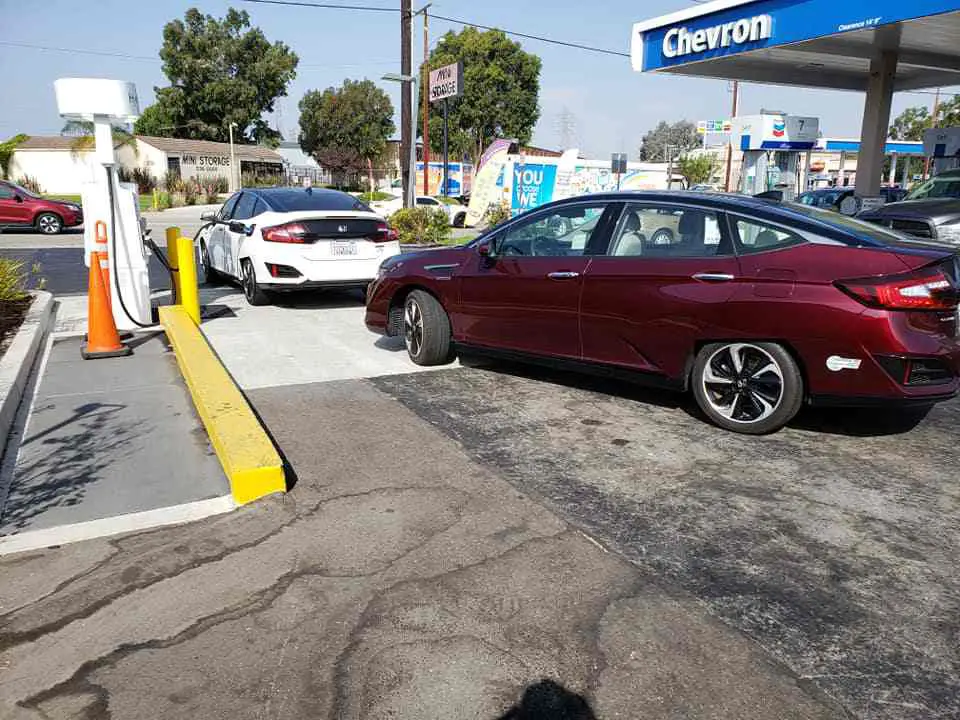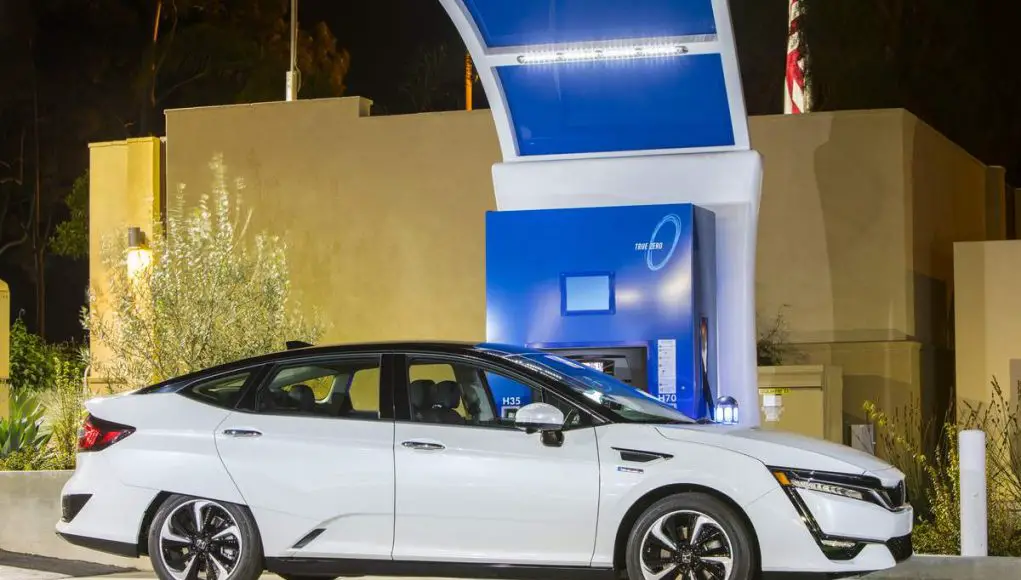Consumer Reports just dropped their reliability rankings for all car brands and, to my surprise, I had to scroll down to find Honda. What gives?
If there’s one thing I can hang my hat on it’s that Hondas are reliable as the setting sun. But, according to Consumer Reports in their latest power rankings for overall brand reliability they put out earlier today (Oct. 25,2018) Honda isn’t all that it’s cracked up to be and scored a reputation blowing 15th place, going down six spots from its earlier ninth place spot, if that wasn’t bad enough. Looking at their official explanation, it looks like Honda’s highly experimental, albeit award-winning, Honda Clarity was to blame.
While the Honda Odyssey, CR-V, and new Accord all suffered from niggling issues with small things like doors locking and unlocking, infotainment system issues, and fit and finish interior rattles, it looks like the Honda Clarity was the one where real issues cropped up. As per CR,
Honda’s Clarity line of alternative-fuel cars had much-worse-than-average reliability. Reported problems included electronic glitches.
The Clarity has only been on sale in the United States for just two years, and, during that time Honda has issued zero recalls to deal with any issues that people are complaining about. That’s for good reason, though.

According to GoodCarBarCar, there are only slightly more than 15,000 Clarities on the road, today. It’s a very niche vehicle for a specific customer.
On top of that, the Honda Clarity is one of the most experimental vehicles Honda has ever greenlighted, with three separate powertrains offered at the same time. Of course, there are going to be issues.
There’s the Clarity plug-in-electric hybrid, the most ordinary of the bunch, which combines a 1.5L engine with its 17 kWh lithium-ion battery good for 232 lb-ft. Of course, that battery can be used up to 48 miles of EV range only.
Then, there’s the electric-only Clarity with a whopping 89 miles of range.
And finally, there’s the problem-prone Honda Clarity Fuel Cell Vehicle which uses hydrogen gas to power a motor. Unlike regular cars which run on gas or diesel, FCVs combine hydrogen and oxygen to produce electricity, which runs said motor.
As per the NHTSA on their official complaints pertaining to the Clarity Plug-in-hybrid, the most popular of the three, complaints included power cutting out on the highway, chargers incompatible with public charging stations, warning indicators popping up like Christmas lights and such horrifying complaints like the steering wheel seizing up.
As far as the FCV Clarity is concerned, surprise issues with expensive coolant costing several hundreds of dollars from leasees, not having a reliable H2 filling infrastructure (which is not Honda’s fault, by the way,) issues with false leak indicators and whole new H2 tanks having to be replaced are just a handful of what I’ve read Honda Clarity Fuel Cell Vehicle leasees have to endure.
Since there are so few Clarities on the road, complaints aren’t exactly piling up enough to where a recall would be necessary so, Honda soldiers on with its Clarity lineup.
Despite these few issues, a 15th place overall ranking, in my opinion, is a bit unwarranted. It is, after all, Consumer Reports we’re talking about here.
Honda is still a reliable brand and these few issues shouldn’t deter you from the brand, entirely. Just consider if their Honda Clarity is the car for you given their initial reliability.




Just had a battery fail and replaced. The VSA light came on and won’t go out. The vehicle operates perfectly but they quoted $3200 to make the light go out!!!! The part (brake sensor?) cost $2672 plus tax.
What a rip off. Don’t buy a Honda with VSA it is a time bomb waiting to blow up your wallet.
I’ve had multiple Hondas and Acuras over a 40 year span. Never had a VSA light come on or a brake sensor fail. Certainly complaints like this are rare according to the published literature. So your comment is overblown. Paying $3200 for a brake sensor or for a battery 17 KWH and the associated labour??? The former is ridiculous, the latter has a 160,000km 8 yr warranty. So what gives??